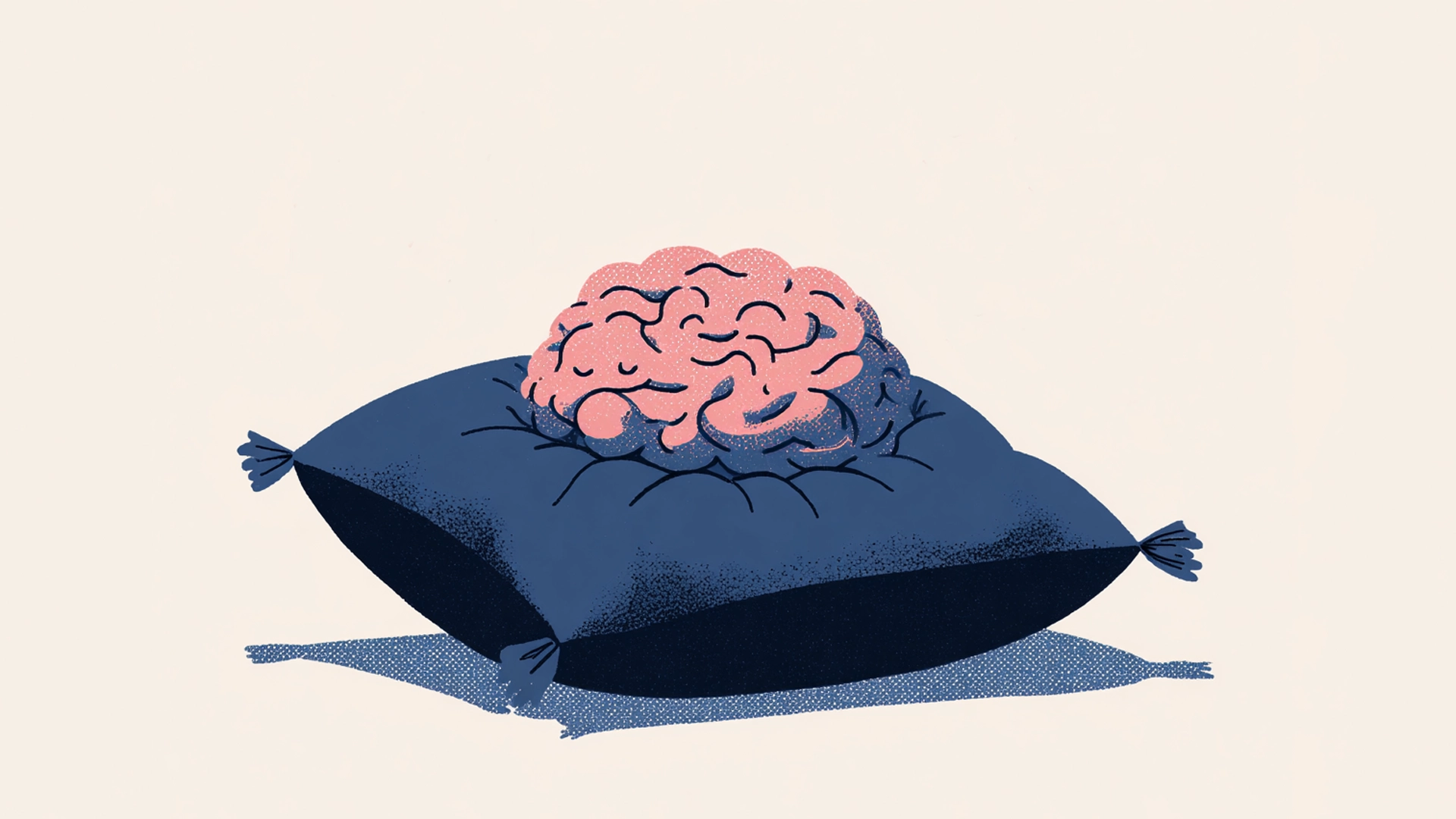Written by Sofia Campos
Medically reviewed by Susana Pontiggia (Psychologist, Specialist in Neuroscience and Human Behavioral Sciences, Consultant in Personal and Organizational Development)
Meet Your Brain’s Emotional Architects
Our mood, focus, and inner drive aren’t powered by willpower alone—they’re also shaped by two fascinating brain messengers: dopamine and serotonin.
Dopamine fuels our motivation to pursue goals, while serotonin helps us feel calm, balanced, and content. Together, they influence how we think, feel, and act every day.
Understanding how serotonin and dopamine work can help guide smarter, evidence-based lifestyle choices for sustained mental well‑being.
Dopamine: Your Internal Motivation Engine
Dopamine is often called the “feel-good” chemical—but that’s only part of the story. In reality, it plays a bigger role in motivation than in pleasure itself. Think of dopamine as what pushes you to chase goals, crave rewards, and take action. Surprisingly, research shows that it’s not only the reward itself that spikes dopamine—it’s mainly the pursuit of that reward.
Neuroscience also shows that dopamine is key for learning from experience. Dopamine levels rise most when something turns out better than expected—our brain’s way of learning what feels rewarding. This mechanism helps the brain adjust behavior and fine-tune future decisions.
Beyond desire, dopamine also influences how much effort we’re willing to invest. It doesn’t just determine whether we want something, but also how hard we’ll work for it—linking motivation directly to persistence and resilience.
Researchers have mapped two main dopamine circuits: one that drives learning, motivation, and reward valuation, and another that supports movement control and habit formation.
When dopamine isn’t balanced by other brain chemicals like serotonin or GABA, it can lead to impulsivity, addictive behaviors, or mood swings.
As neuroscientist Dr. Andrew Huberman explains, long-term motivation depends on maintaining steady dopamine levels—not chasing short-term spikes. Simple habits like morning sunlight exposure, brief cold immersions, and a diet rich in tyrosine (found in nuts, dairy, and legumes) can help sustain healthy dopamine levels and mental resilience.
Supporting the baseline is better than chasing dopamine highs since the latter can disrupt the brain’s natural reward system, leading to a state similar to burnout, marked by lack of drive, low mood, and mental fatigue.
Serotonin: Your Brain’s Mood Regulator
While dopamine fuels action, serotonin helps keep you steady. Often associated with calmness, emotional balance, and a general sense of well-being, serotonin plays a key role in regulating mood, sleep, appetite, digestion, and pain perception.
About 90% of serotonin is produced in the gut, but it’s the serotonin released in the brain that most influences our mood.
Unlike dopamine, serotonin doesn’t drive action—it’s more about keeping your emotional state steady. Rather than a simple “low serotonin = depression” equation, scientists now see serotonin as part of a larger system that also involves inflammation, brain plasticity, and stress regulation—not just a chemical imbalance.
How Dopamine and Serotonin Work Together
Far from being isolated actors, dopamine and serotonin operate in tandem. Think of dopamine as the spark and serotonin as the stabilizer. Dopamine gets you moving toward your goals; serotonin helps you enjoy the process and stay calm along the way.
Their dynamic interplay—particularly in brain regions like the prefrontal cortex—shapes our ability to focus, delay gratification, make thoughtful decisions, and regulate impulses. When balanced, these systems help us stay driven without becoming reactive or overstimulated.
Lifestyle Hacks to Optimize Your Feel‑Good Neurochemistry
Here are a few simple, science-backed habits to keep your brain chemistry in balance:
- Get morning sunlight (10–30 minutes): Boosts dopamine receptors and helps regulate your body clock (supports circadian regulation).
- Try brief cold exposure: Can temporarily raise dopamine levels to improve motivation and focus.
- Eat tyrosine-rich foods (nuts, dairy, legumes): May play a role in dopamine synthesis.
- Eat tryptophan-rich foods (oats, turkey, eggs): May contribute in serotonin production.
- Keep regular sleep, movement, and meal times: Steady routines keep neurotransmitters in sync.
- Prioritize sleep quality: Both serotonin and dopamine depend on deep, consistent rest.
- Move daily: Exercise boosts both chemicals and improves mood.
- Practice meditation: Helps regulate emotions and balance neurotransmitter activity.
Why This Matters for Mental Health
While older models framed mental health disorders as simple “chemical imbalances,” modern neuroscience shows a more complex picture. Mental health conditions like depression, anxiety, and ADHD often involve chronic inflammation, changes in how brain networks communicate, how flexible the brain remains, and how neurotransmitters are regulated—not just deficits in serotonin or dopamine levels.
Supporting a balanced dopamine–serotonin system through consistent lifestyle practices may help promote:
- Sustained motivation and sharper mental focus,
- Greater emotional resilience and reduced stress reactivity,
- Improved impulse control, creativity, and cognitive adaptability.
Understanding your brain’s feel-good chemistry isn’t about chasing fleeting highs—it’s about building sustainable habits that support long-term mental clarity, emotional balance, and resilience from the inside out.
